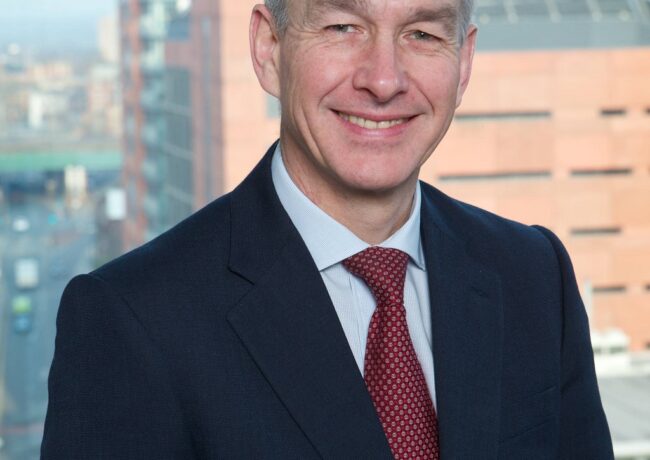COMMENT | Manchester’s economy slows but city remains dominant
The dominance of Greater Manchester’s economy within the Northern Powerhouse region has again been highlighted in our latest UK Powerhouse report, writes Roy Beckett, head of business legal services at Irwin Mitchell in Manchester.
The report says that at the end of 2015, Manchester actually grew faster than Inner London.
Our UK Powerhouse study, which has been produced with the Centre for Economic and Business Research, provides an estimate of GVA and job creation within 38 of the UK’s largest cities 12 months ahead of the Government’s official figures.
The latest study reveals that Greater Manchester’s economy grew by 2% in the 12 months to Q4 in 2015 compared to 2.5% in the 12 months to Q3 in 2015. Inner London’s economy on the other hand expanded by 1.9% in the year to Q4 compared to Q3 when the increase in the total value of the goods and services produced had gone up by 2.6%.
The report found that Greater Manchester’s economy was valued at £57bn at the end of 2015 and that 1,263,323 people were employed. This employment figure represented a year-on-year increase of 2.8% and was above Newcastle (2.2%), Leeds (2%) and Sheffield (-0.4%) but below Liverpool (4.4%) and Birmingham (4.6%).
Cebr highlights the fall in business confidence and investment levels and in line with its projections for the UK as a whole, has lowered its forecasts for GVA in 2016 for the North West. Three months ago, GVA in the region was expected to reach £149.6bn by the end of this year, but this has been revised downwards by more than £700m to £148.9bn.
Looking further ahead, the report’s projections for the next 10 years still shows that London will continue to grow at a much faster rate than other parts of the UK. Indeed, our report predicts that by the end of 2025, London’s economy will have grown by 26% since 2015. Over the next 10 years, Greater Manchester’s GVA is however predicted to increase by 17.7% with other large cities in the North expected to record similar increases with Leeds and Liverpool growing by 17.1% and 17.3% respectively, Sheffield 15.1% and Newcastle recording a 16.4% increase.
The value of the economic gap between London and the northern region currently stands at £62bn and is expected to reach £115bn in 2025 according to the study’s latest analysis.
The last quarter of 2015 was a tough one for Greater Manchester, but the city showed great resilience in the face of some tough headwinds. There is clearly still much to be done to tackle the North-South divide and it’s vital that the announcements relating to infrastructure which were made at the Budget last month are supported by a broad range of other policies including the devolution of more powers, greater involvement of businesses in education policy and the creation of more enterprise hubs around universities.
Irwin Mitchell produced its first UK Powerhouse report in October 2015. The report predicted a growing economic gap between the South East and the North of England and made nine policy recommendations along with a call for the Government to radically rethink how it looks to rebalance the UK’s economy.
For further information and to download the latest version of the report, visit www.irwinmitchell.com/ukpowerhouse
To take part in Irwin Mitchell’s UK Powerhouse quiz, visit http://www.irwinmitchell.com/





